Venezuelan President Nicolás Maduro announced on Monday, August 18, 2025, that he would mobilize 4.5 million militia members across the country in direct response to what he characterized as "outlandish" and "extravagant" threats from the United States.The United States has deployed three Aegis-guided missile destroyers to the southern Caribbean as part of expanded anti-drug operations after the Trump administration doubled the bounty for Maduro's arrest to $50 million.
Speaking on national television, Maduro declared his intention to activate "a special plan with more than 4.5 million militiamen to ensure coverage of the entire national territory."The Venezuelan leader emphasized that these would be "militias that are prepared, activated and armed," representing the largest show of force by Venezuela's civilian militia in recent memory.The mobilization would involve about 15% of Venezuela's estimated 30 million population, but outside observers doubt whether the government's official militia numbers reflect actual operational capacity.
His announcement came after Washington took multiple escalating actions which made Caracas fear military intervention. The US government, citing Maduro's alleged links to drug trafficking through the so-called Cartel de los Soles, has positioned the USS Gravely, USS Jason Dunham, and USS Sampson in Caribbean waters with approximately 4,000 sailors and marines aboard.Defense Minister Vladimir Padrino Lopez accused Washington of using anti-drug operations as a pretext for military intervention in the region, reflecting the Venezuelan government's deep suspicion of American motives.
The Venezuelan leader has become more aggressive in his statements as the situation worsens. He condemned the US actions as "extravagant, bizarre, and absurd," while calling on Venezuelans to show solidarity, particularly targeting the working class and rural populations.The president instructed that new rural, peasant, worker, and industrial militias be created to boost national defense across various sectors, describing the strategy as a "fusion of people, police, and armed forces" designed to defend Venezuela's "territory, sovereignty, and peace."
The response also contained personal elements as he expressed gratitude to his supporters and the armed forces for their support. " The soldiers of this nation were the first to show solidarity with this working-class president through their use of rifles, missiles, tanks, and planes and planes," Maduro declared while highlighting military support for his government despite foreign sanctions and internal difficulties.
The Militia System
The Venezuelan militia system which Hugo Chávez founded and Maduro expanded serves as the fundamental element of the government's domestic security framework. The official government reports indicate that the militia consists of 5 million members yet independent assessments show the actual operational strength is much lower. The existing gap between the announced and actual readiness of Venezuela's civilian defense forces continues to generate doubts about their actual capabilities.
Maduro’s current mobilization plan extends past military readiness to include a complete social and political transformation. The president has called for the creation of combat groups in factories, workplaces and the countryside, promising that militias would receive "rifles and missiles" to defend Venezuela. Interior Minister Diosdado Cabello reinforced this message, stating that Venezuelan forces "are also deployed throughout the Caribbean…in our sea, our property, Venezuelan territory."
The militia expansion performs various roles in Venezuela's security system. These armed groups function as state power extensions to perform duties including crowd management and public order maintenance and facility security and political enforcement operations. The government achieves dual control through parallel structures by merging civilian militias with formal security forces which distributes responsibilities across different societal levels.
The military takeover of civilian life creates major problems regarding oversight and accountability. The growth of quasi-civilian forces leads experts to predict that supervision will decrease which will result in higher risks of human rights violations and arbitrary detention and informal policing practices. The government's call for nationwide militia mobilization creates social pressure on citizens, particularly workers and peasants, to "volunteer" for service, blurring the lines between voluntary participation and political coercion.
Humanitarian Crisis
This militia mobilization takes place during Venezuela's ongoing humanitarian crisis which includes hyperinflation, food and medicine shortages, and the breakdown of public health infrastructure. In recent years more than 10% of Venezuela's population has migrated from the country to escape poverty and political instability. The expansion of armed civilian forces fails to resolve any of the fundamental issues which impact the daily existence of ordinary Venezuelans.
Any increase in military presence has the potential to worsen existing problems. The government-backed militias, which share some functions with colectivos groups, have been linked to surveillance activities and opposition movement repression and intimidation. The placement of militia members within workplaces and industrial sites makes workers follow government priorities while maintaining a state of continuous surveillance that could lead to intimidation.
Border instability, arms trafficking, and the potential spread of Venezuela's social and political turmoil beyond its borders, have become a growing concern for the regional neighbors. The international community, led by the United States and its allies, continues to reject the legitimacy of the Maduro government, viewing the militia expansion as further evidence of authoritarian overreach and violations of democratic norms.
The deployment of millions of armed civilians in a polarized, crisis-ridden society leads to major risks of accidental clashes and escalation of localized violence and increased civilian casualties. The major cities of Venezuela experience elevated urban violence while the rising militia armament creates additional worries about deteriorating public safety. Maduro’ mass militia mobilization serves as a tool for domestic social control despite its official purpose of defending against foreign threats. The situation worsens the military takeover of civilian life during Venezuela's prolonged crisis by creating more security challenges without resolving the core problems that sustain the humanitarian crisis.




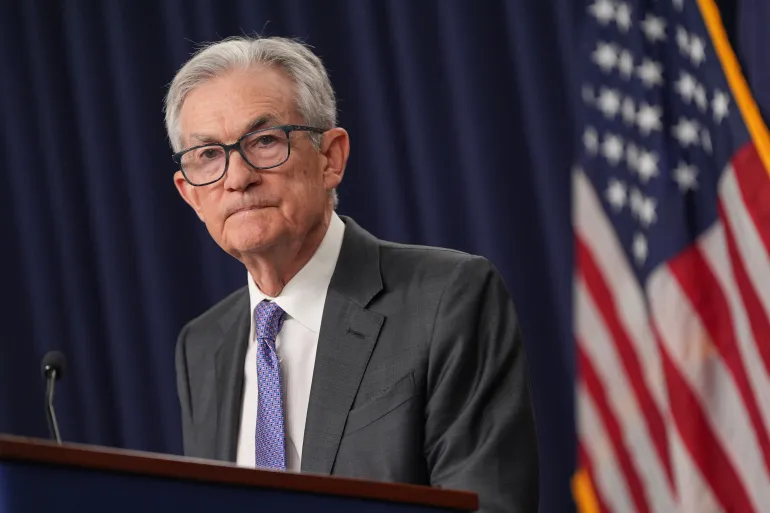
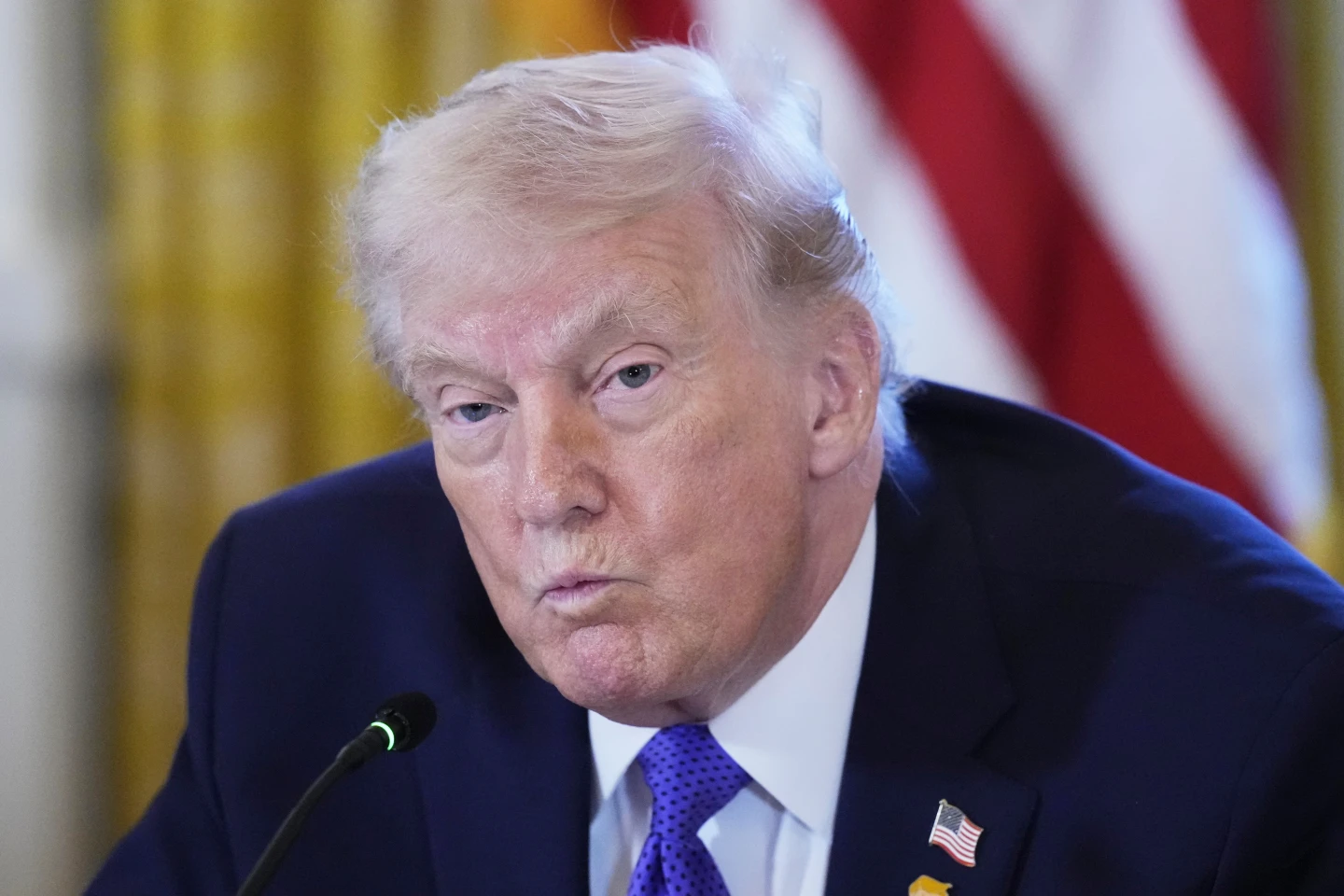
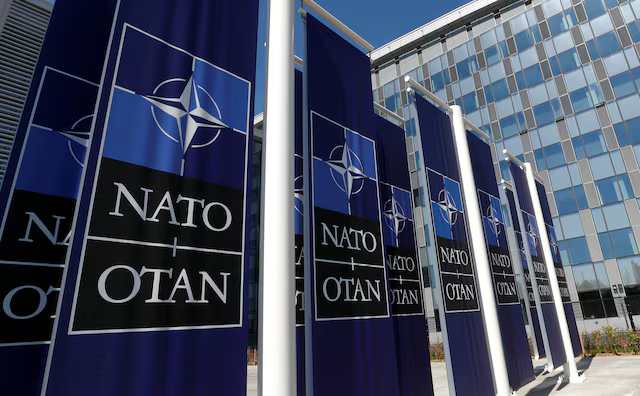
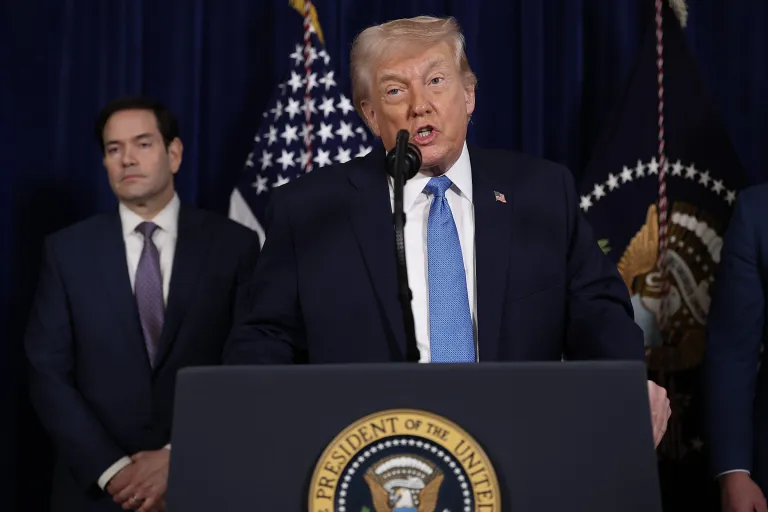
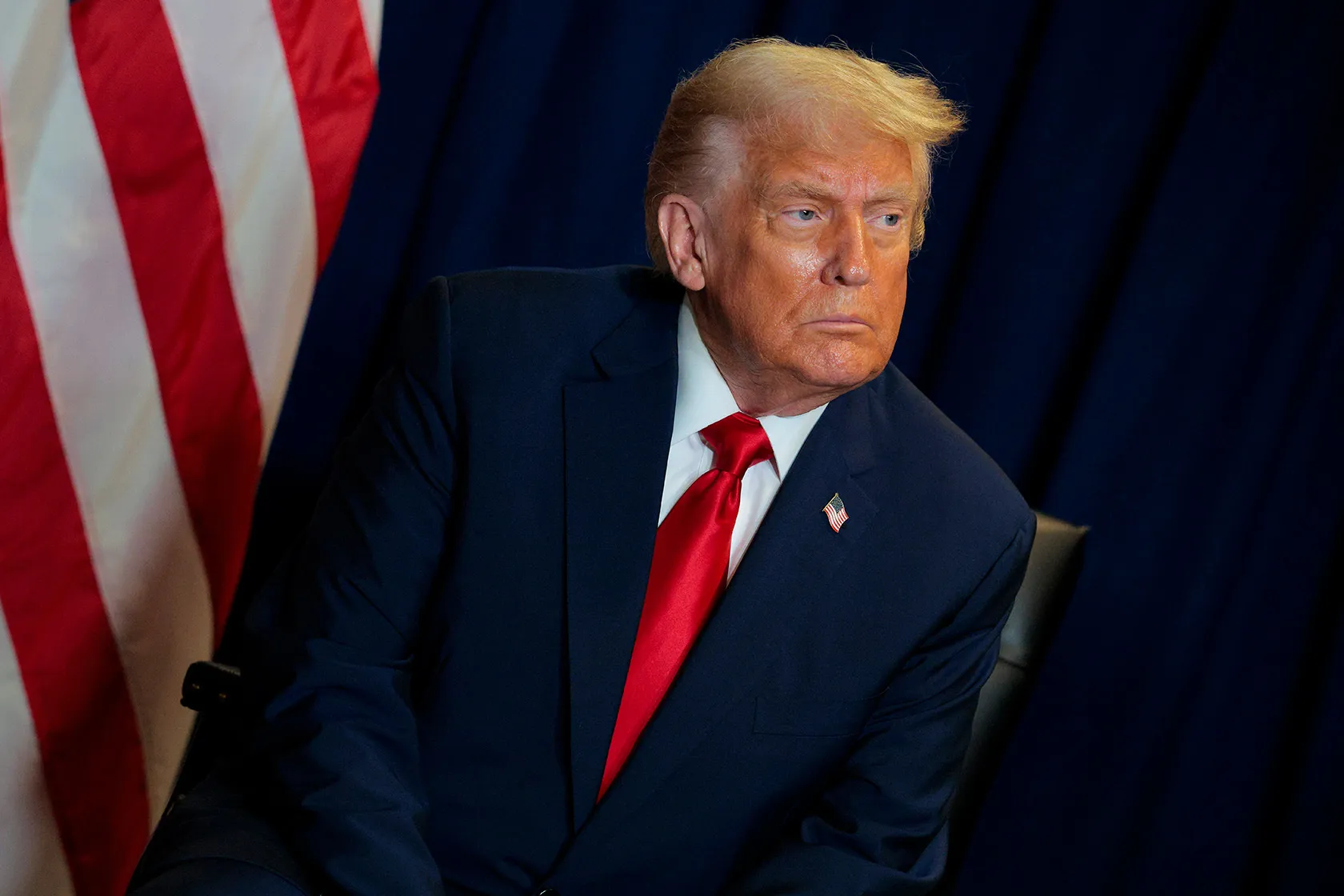
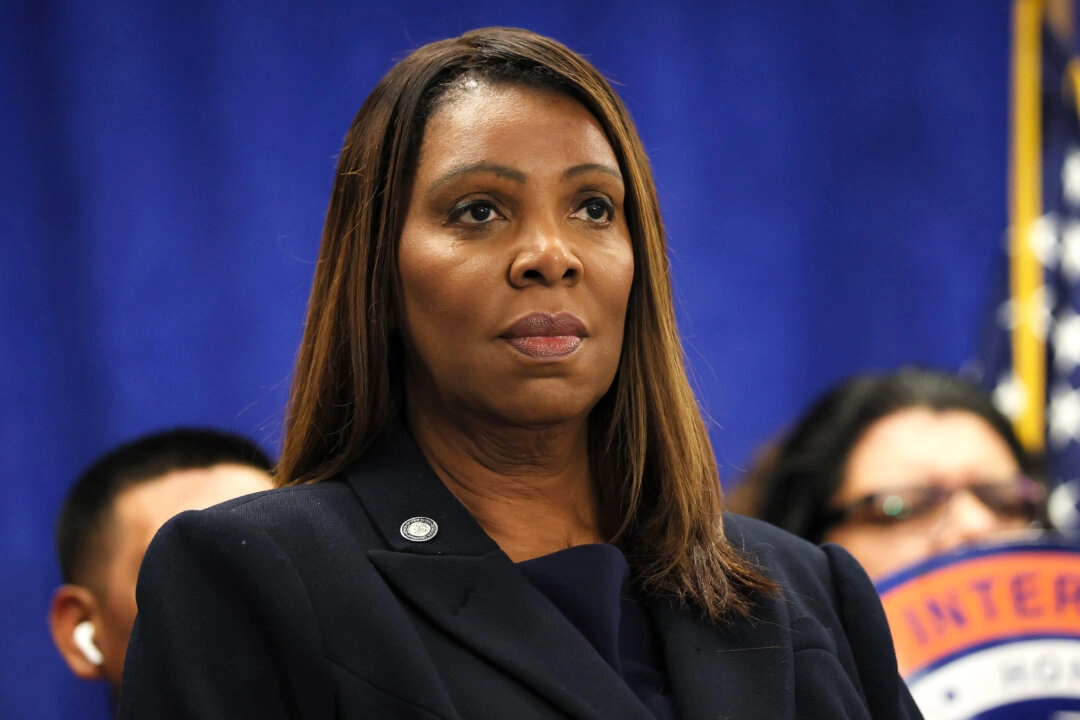
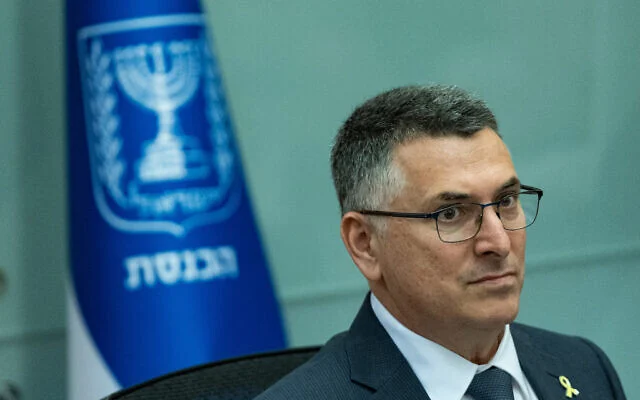
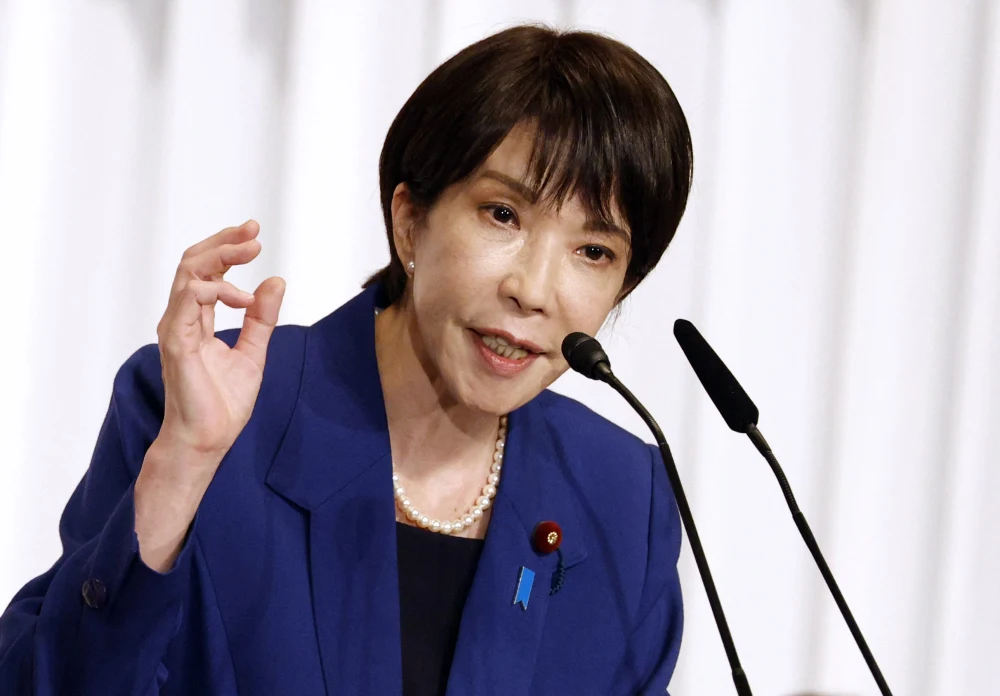
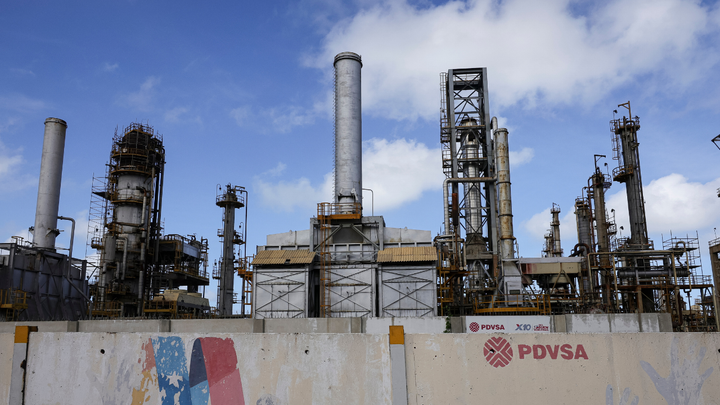
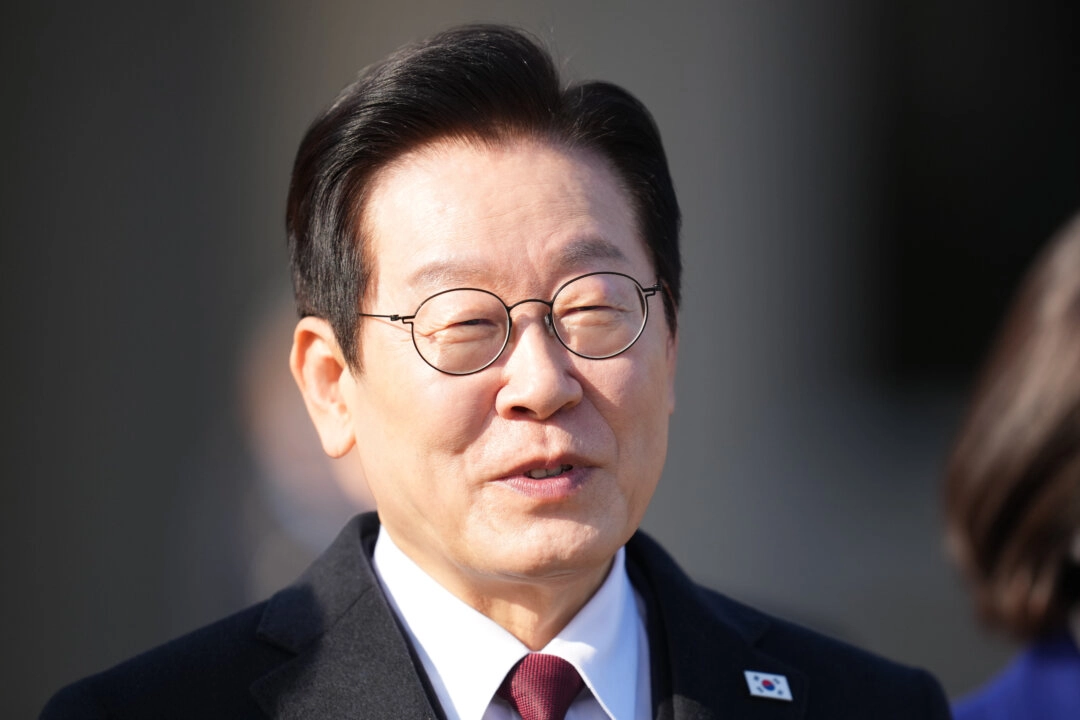
Discussion